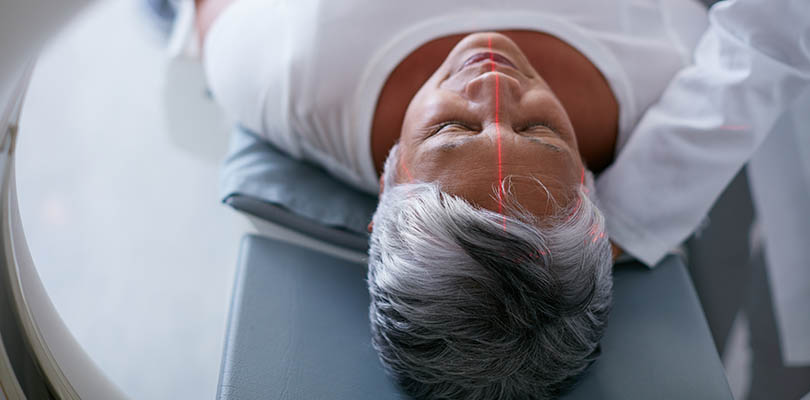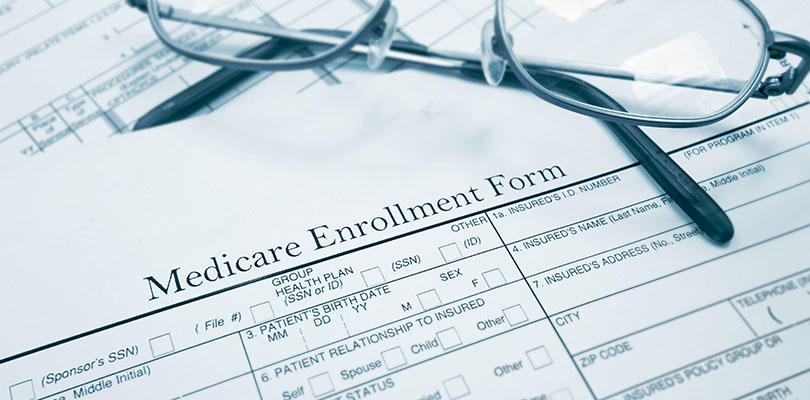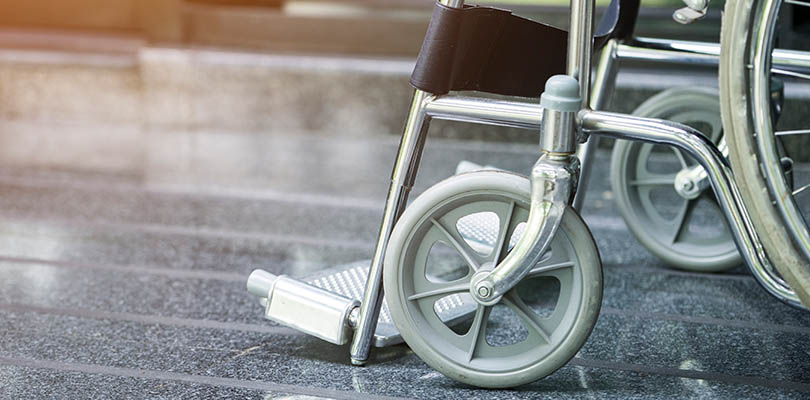Brain Lesions
According to WebMD, “A lesion is an area of tissue that has been damaged through injury or disease.” Lesions can occur almost anywhere on the body, including the brain.
What are Brain Lesions?
A brain lesion occurs when an area of the brain is injured or diseased. Brain lesions are more complicated than lesions on the skin because of the wide variety of types of brain lesions. They can be of a wide degree of severity and can be singular or multiple. The most severe brain lesions can be life-threatening, while others can be harmless.
What Causes Brain Lesions?
Brain lesions can be caused by an infection, injury, issues with one’s immune system, and/or other things. Often, it’s impossible to trace the exact cause of the brain lesions.
MRIs or CTs are used to identify the type, size, and location of brain lesions. Blood tests and/or other tests may also be considered when trying to determine whether or not an infection causes them.
Symptoms of Brain Lesions
The symptoms of brain lesions are based on the type of lesion, the size of the lesion, and the location of the lesion on the brain. If you experience any of these symptoms, it is best to visit your doctor.
According to WebMD, some common symptoms include:
- Headaches
- Neck pain or stiffness
- Nausea, vomiting, and lack of appetite
- Vision changes or eye pain
- Changes in mood, personality, behavior, mental ability, and concentration
- Memory loss or confusion
- Seizures
- Fever
- Difficulty moving
Different Types of Brain Lesions
There are a wide variety of types of brain lesions, but some are more common than others.
Abscesses
Abscesses are a type of lesion usually caused by infection. Abscesses can include pus and/or inflamed brain tissue. They are relatively uncommon, but they can be life-threatening.
While abscesses can be caused by an infection (such as an earache, sinus infection, or infection in the mouth), but it is also possible to develop an abscess after surgery on the head or an injury.
Arteriovenous malformations
Arteriovenous malformations (AVM) occur during the early stages of childhood development.
Since arteries in the brain aren’t as strong as arteries in other areas of the body, there is a slight chance of these arteries bursting and leaking blood during childhood development. This can result in the brain not receiving enough blood, which can inhibit basic functions.
One of the main initial symptoms of AVM is seizures.
Is Medicare right for you? Before you select a Medicare plan, here is some information on Medicare you need to know about before you apply.
Cerebral Palsy
Cerebral palsy is also a lesion that can occur; however, it happens while the child is still in the mother’s womb. While intellectual functioning for those with cerebral palsy is normal, it’s known to inhibit a person’s motor skills and communication skills.
Brain Tissue Death
The death of brain tissue, or cerebral infarction (a stroke), can occur when brain cells die from not receiving enough blood. This can result in a loss of control of certain bodily functions.
Multiple Sclerosis
Multiple sclerosis is a brain lesion caused by attacks by the immune system. The attacks damage the myelin (nerve linings) of the brain and spinal cord. This can be an extremely taxing and painful illness where the body has difficulty communicating with the brain.
Brain tumors
Tumors can also cause brain lesions, whether they are benign or cancerous. They can remain stable or grow quickly.
How Common are Brain Lesions?
Brain lesions are fairly uncommon in people below the age of sixty. However, the likelihood of having a brain lesion increases with age.
A study in 2008 found that 18% of those between the ages of 60-69 had a brain lesion. However, in those over the age of eighty, 38% were found to have some type of cerebral microbleeds.
Are Brain Lesions Permanent?
Often times, destruction of brain tissue is permanent. This includes destruction caused by brain lesions. Rehabilitation and treatment can reduce the severity/prevalence of the symptoms.
Treatment for Brain Lesions
The treatment for brain lesions relies on the type of lesion that one has. It’s important to visit your doctor if you start to experience any of these symptoms. A doctor will be able to identify the type of lesion it is and provide you with a treatment plan going forward.
Often times if the lesion isn’t causing any issues, doctors will recommend waiting to see if there are any changes. If it is causing problems, and it is safe to do so, a surgical procedure may be performed to remove the lesion. For cancerous lesions, chemotherapy/radiation may be used.
Antibiotics are often used to fight lesions caused by bacterial infections. If the immune system is causing the lesions, your doctor may consider prescribing medications that calm the immune system. Some medications may be used to treat the symptoms of the lesion itself (medications for pain, seizures, etc.).
Regardless, Pay a Visit to Your Doctor
Brain lesions are impossible to diagnose and treat properly without the help of medical professionals. It’s important to visit your doctor because they’ll be able to rule out whether or not it’s a brain lesion or something else that’s causing your symptoms.







